ATCC’s biomanufacturing suite will expand the biomedical research space needed for vaccine and therapeutic developments
ATCC Receives Grant from NIH to Build New Biomanufacturing Suite at its Manassas Headquarters
Kim Testa, senior director, Corporate Communications & Public Affairs, ATCC, pr@atcc.org
ATCC, the world’s premier biological materials management and standards organization, today announced that it has received a C06 Research Facilities Construction Grant from the Office of Research Infrastructure Programs (ORIP), part of the National Institutes of Health (NIH), to support the building of ATCC’s new biomanufacturing suite at its headquarters in Manassas, Virginia. The facility, which ATCC broke ground for on September 12, will be designed to rapidly respond to infectious disease outbreaks by providing high-throughput manufacturing for reproducible, high-quality virus stocks and reagents to the NIH. The biomedical scientific community will broadly use these materials to accelerate and evaluate vaccines, therapeutics, and diagnostics for public health, including those of epidemic or pandemic potential.
“ATCC is one of a few non-academic institutions to be awarded this grant in the past ten years,” said ATCC chairman and CEO Raymond H. Cypess, DVM, PhD. “As only a small percentage of these proposals get funded, we consider this a win-win for our organization and the global research community. Through the biomanufacturing facility, we can provide researchers with the resources they need to develop rapid responses to pandemics and outbreaks, and at the same time bring biomanufacturing back to the US.”
The goal of this funding is to include the design, construction, and commissioning of a modern biomanufacturing suite, which will provide critical biological manufacturing capabilities in the biomedical space to accelerate translational research for vaccine and therapeutic development and serve as biological standards for developing detection assays. The facility will be able to offer large-scale stocks of well-characterized biomaterials at no cost to the research community.
“Since the start of the COVID-19 pandemic, requests for biomaterials have exploded exponentially,” said Rebecca Bradford, MBA, MS, vice president of government programs within ATCC Federal Solutions. “We applied for this grant because it was clear that more biomedical manufacturing infrastructure was required to continue supporting these research requests. In addition, preparedness efforts have accelerated research and development for other pathogens of pandemic potential. This opportunity will allow us to continue to support the NIH’s public health initiatives by offering standardized biomaterials for consistency and reproducibility in diagnostics, therapeutics, vaccines, and countermeasure development and evaluation.”
About ATCC
ATCC is a premier global biological materials and information resource and standards organization and the leading developer and supplier of authenticated cell lines, microorganisms, and associated data for academia, industry, and government. With a history of scientific contributions spanning nearly a century, ATCC offers an unmatched combination of being the world’s largest and most diverse collection of biological reference materials and data, and is a mission-driven, trusted partner that supports and encourages scientific collaboration. ATCC products, services, partnerships, and people provide the global scientific community with credible, advanced model systems to support complex research and innovations in basic science, drug discovery, translational medicine, and public health. ATCC is a 501(c)3 nonprofit organization headquartered in Manassas, Virginia, with research and technology centers of excellence in Gaithersburg and Germantown, Maryland. To learn more, visit atcc.org.
Disclaimer:
The project reported in this news release was supported by the National Institutes of Health (NIH), Office of Research Infrastructure Programs under the Grant Number 1C06OD036014-01. The content is solely the responsibility of the authors and does not necessarily represent the official views of NIH.
View source version on businesswire.com: https://www.businesswire.com/news/home/20241023795333/en/
 Business wire
Business wire 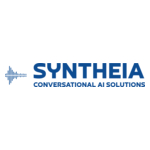
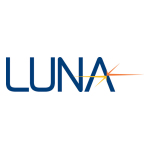


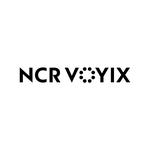

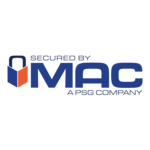

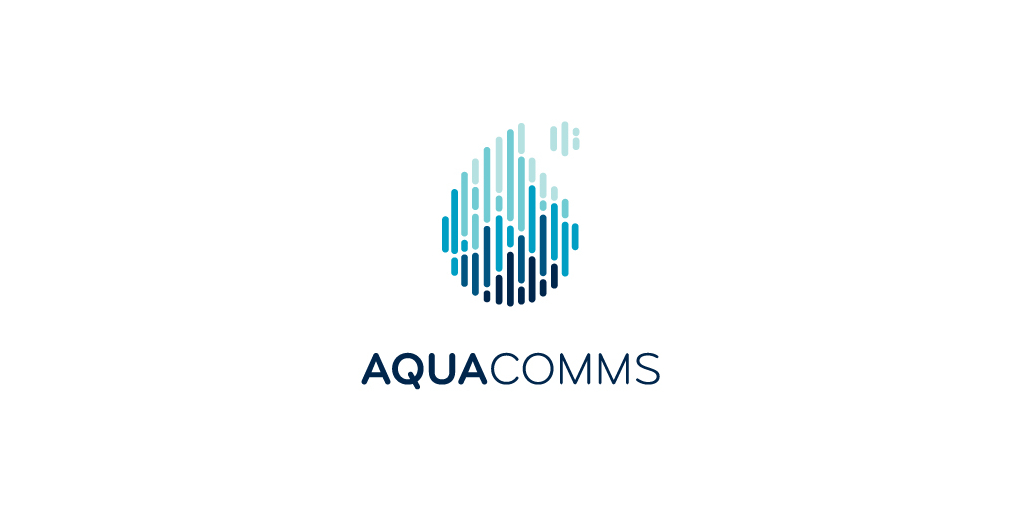



Add Comment